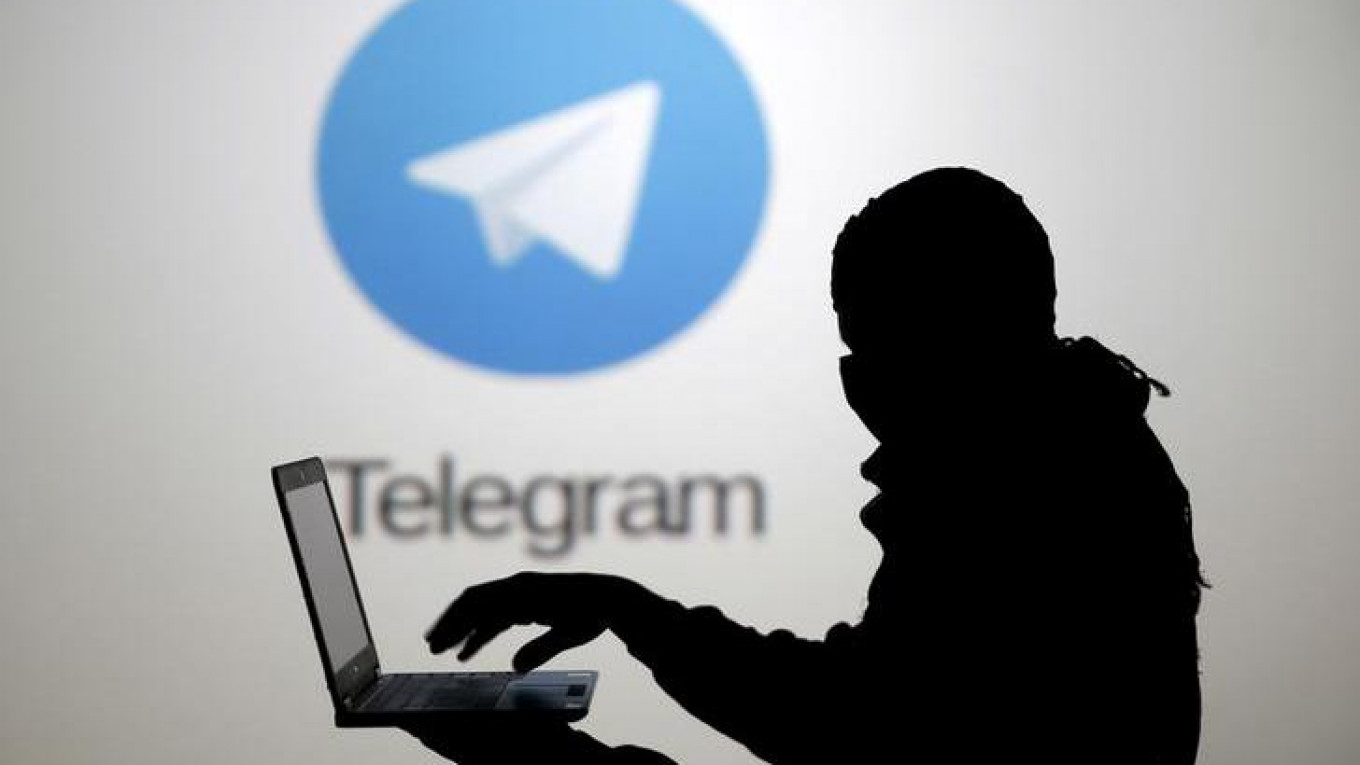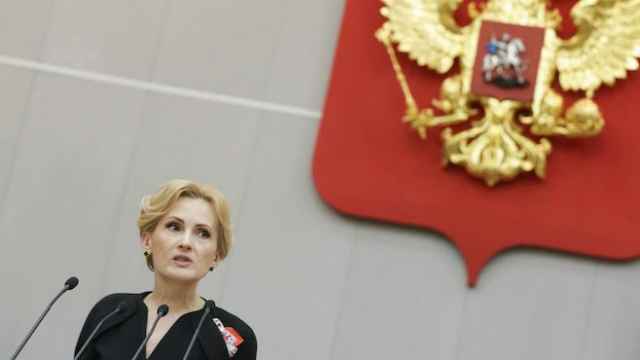Russia's Federal Security Service (FSB) has announced new links between messaging app Telegram and the perpetrators of the St. Petersburg terror attack amid an ongoing row over online privacy.
The FSB stated on Monday that the terror cell behind April's St. Petersburg metro bombing used Telegram to keep their plans hidden from the authorities.
An agency spokesperson said that 22-year-old Akbarzhon Dzhalilov used the messaging service to keep in contact with “his handlers abroad” prior to detonating a homemade explosive in the St. Petersburg metro system on April 3.
"The most active members of international terrorist organizations on the territory of the Russian Federation use the Telegram messenger, which provides terrorists with the opportunity to create secret chat rooms with a high level of encryption for transmitted information," the spokesperson told Russia's Interfax news agency.
The FSB's announcement follows a public row between the head of Roskomnadzor, Russia's media watchdog, and Telegram founder Pavel Durov.
Roskomnadzor chief Alexander Zharov publicly appealed to Durov on Friday, asking him to hand over data in order to register Telegram in a state-controlled database.
The agency chief — who made similar appeals back in May — warned that the app could be banned in Russia if the company did not comply.
Zharov later went on to accuse Telegram founder Pavel Durov of “ignoring the safety of ordinary Telegram users” and being "neutral" toward the “terrorists and criminal who use his service.”
Durov dismissed the accusations, writing on Russian social media site VKontakte that Telegram had blocked more than 5,000 terrorism-related channels and groups since the start of June.
He also said that Telegram would not hand over its encryption keys, arguing that this demand violated the Russian constitution. "These requests contradict article 23 of the Russian Constitution, which guarantees private correspondence. It also shows a lack of understanding as to what encryption is like in 2017," he said.
Zharov was not alone in his criticism of Durov. Three flagship news shows on Russian state television featured reports on Telegram. The popular Voskresenoe Vremya on Russia's Channel One accused Durov of being "an anarchist," while a report on NTV said that Durov considered individual rights more important than the threat of terrorism.
Telegram had 6 million active Russian users as of January 2017, up from just 2 million at the start of 2016. According to company data, 60 percent of all Telegram downloads originate in Russia.
A Message from The Moscow Times:
Dear readers,
We are facing unprecedented challenges. Russia's Prosecutor General's Office has designated The Moscow Times as an "undesirable" organization, criminalizing our work and putting our staff at risk of prosecution. This follows our earlier unjust labeling as a "foreign agent."
These actions are direct attempts to silence independent journalism in Russia. The authorities claim our work "discredits the decisions of the Russian leadership." We see things differently: we strive to provide accurate, unbiased reporting on Russia.
We, the journalists of The Moscow Times, refuse to be silenced. But to continue our work, we need your help.
Your support, no matter how small, makes a world of difference. If you can, please support us monthly starting from just $2. It's quick to set up, and every contribution makes a significant impact.
By supporting The Moscow Times, you're defending open, independent journalism in the face of repression. Thank you for standing with us.
Remind me later.







